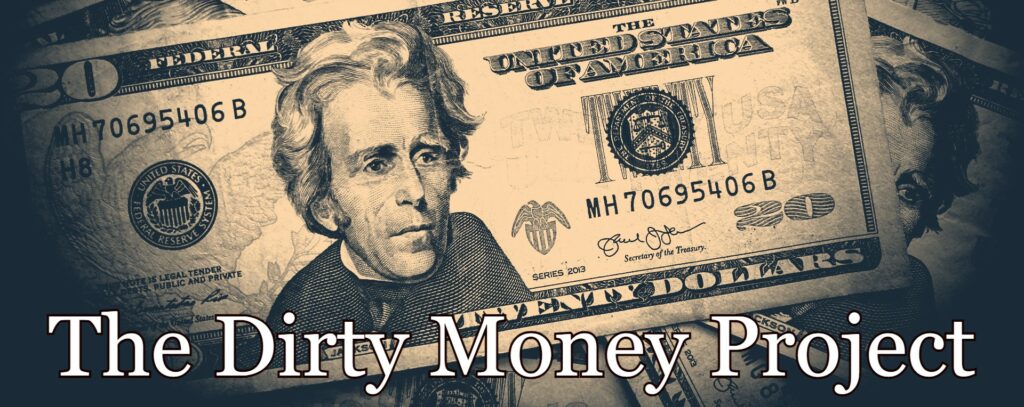How ‘Dirty Money’ keeps the powerful in power
How ‘Dirty Money’ keeps the powerful in power

Here at VoteWater we’re hip-deep in research for our “Dirty Money Project,” and we’ve noticed something interesting:
Both sides — that is, Republicans and Democrats — take money from polluting special interests.
But the amount they get coincides with the amount of clout they have — and helps perpetuate that clout.
At the state level, Republicans get far more special interest money than the Democrats. Which makes sense, as the GOP has a supermajority in the state Legislature.
At the federal level, Congress is more evenly split and so is the Dirty Money; many of the biggest recipients are Democrats.
All of which suggests Dirty Money has less to do with ideology than it does with cozying up to power, cultivating access and ensuring decision-makers remain “friendly” to your cause – even when your cause results in dirty water.
State GOP’s clout fills the coffers
At the state level, the GOP runs the show — and reaps the Dirty Money rewards.
For example, take U.S. Sugar’s contributions. Since 2020, the company has given a whopping $11.1 million to individual state candidates and political action committees. That figure includes $525,000 to the Republican Party of Florida.

But, in true bipartisan fashion, U.S. Sugar also gave to the Florida Democratic Party. But just $45,000.
U.S. Sugar gave another $525,000 to the Florida Republican Senatorial Campaign Committee, and $75,000 to the Florida House Republican Campaign Committee. It gave nothing to the equivalent Democratic committees.
And U.S. Sugar donated directly to 78 Republican state candidates during that period, but just 52 Democrats.
Same deal with Florida Crystals and its subsidiaries. The firms have given $8.9 million since 2020, which includes $58,000 to the Florida Democratic Party. Of course, Florida Crystals gave more than four times that ($254,000) to the Republican Party of Florida during the same period.
Florida Crystals also gave $110,000 to the Florida Republican Senatorial Campaign Committee and $10,000 to the Florida House Republican Campaign Committee. It gave nothing to the corresponding Democratic committees.
The ratios, if not the exact totals, are similar for other special interest groups. They throw most of their money at Republicans not because they’re en thrall to GOP ideology, but because the GOP chairs the committees and gets more legislation passed by virtue of their supermajority.
And then, buoyed by all that Dirty Money, the GOP is well-positioned to keep the gravy train rolling, to hold on to — even expand — its supermajority.
Bipartisan ‘sugar’ at the federal level
But at the federal level, things are different.
Among members of the Florida’s House delegation, the biggest recipient of sugar industry cash is Democrat Lois Frankel, who got $98,100 between 2019 and today. In close second place was Republican Mario Diaz-Balart of Miami, with $96,750.

Third: Republican Greg Steube, $87,925. Fourth: Democrat Debbie Wasserman-Schultz, $79,500.
Get the picture? In Congress, both sides of the aisle have some clout, so Big Sugar spends accordingly.
It doesn’t get more bipartisan than that.
But the reality is, this dynamic shows how impactful Dirty Money really is. It helps attain and maintain political power, ensures access and helps ensure elected officials remain “sensitive” to special interest concerns.
It’s only by breaking Dirty Money’s stranglehold on the political process that elected officials can be free to act in the best interest of their communities — rather than on behalf of those who wrote the biggest checks.


